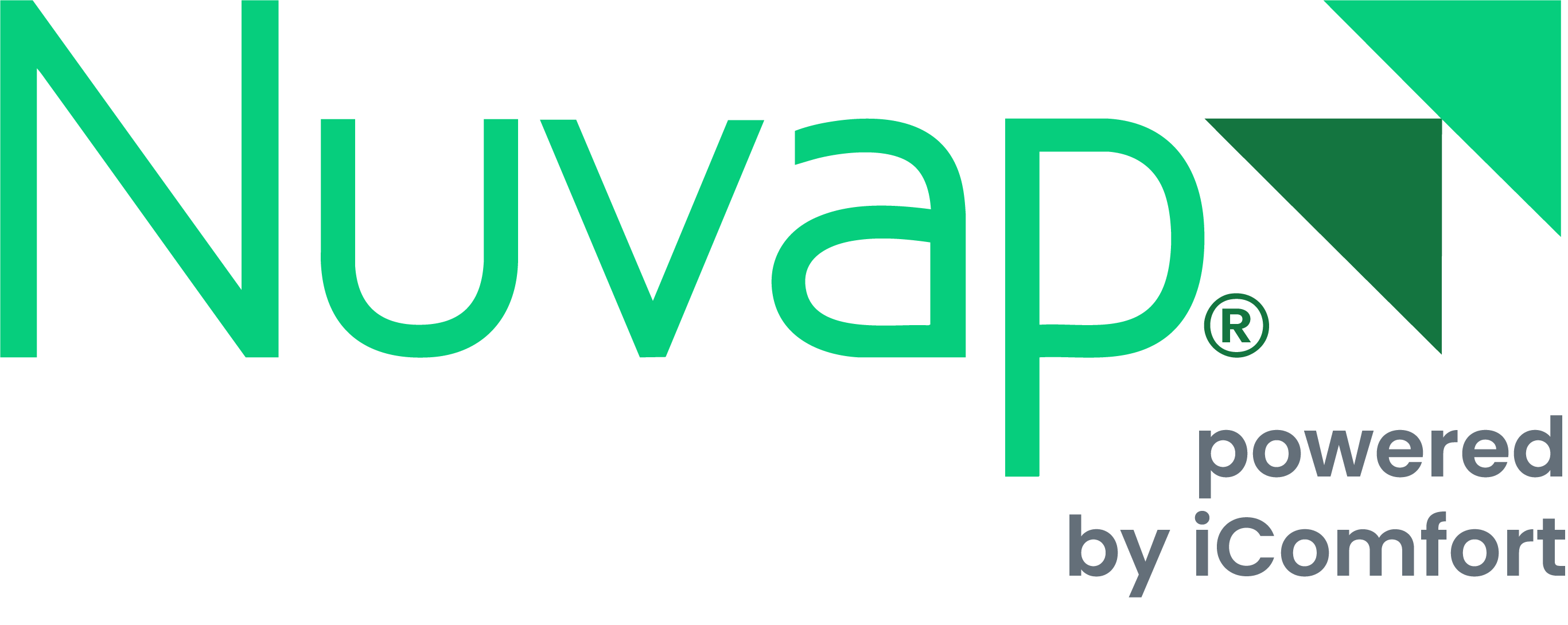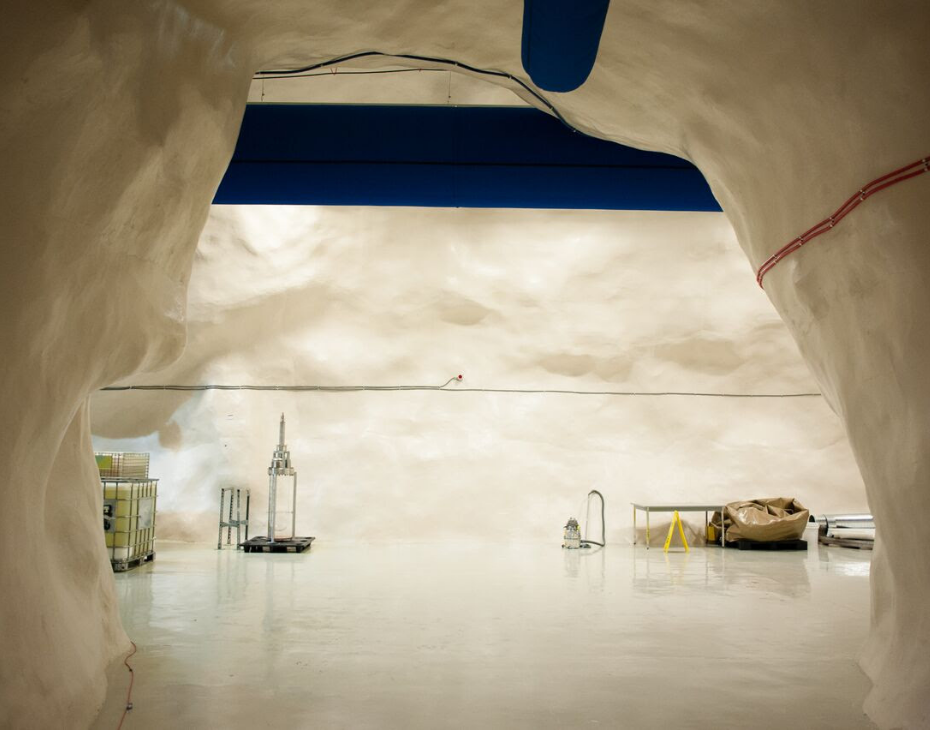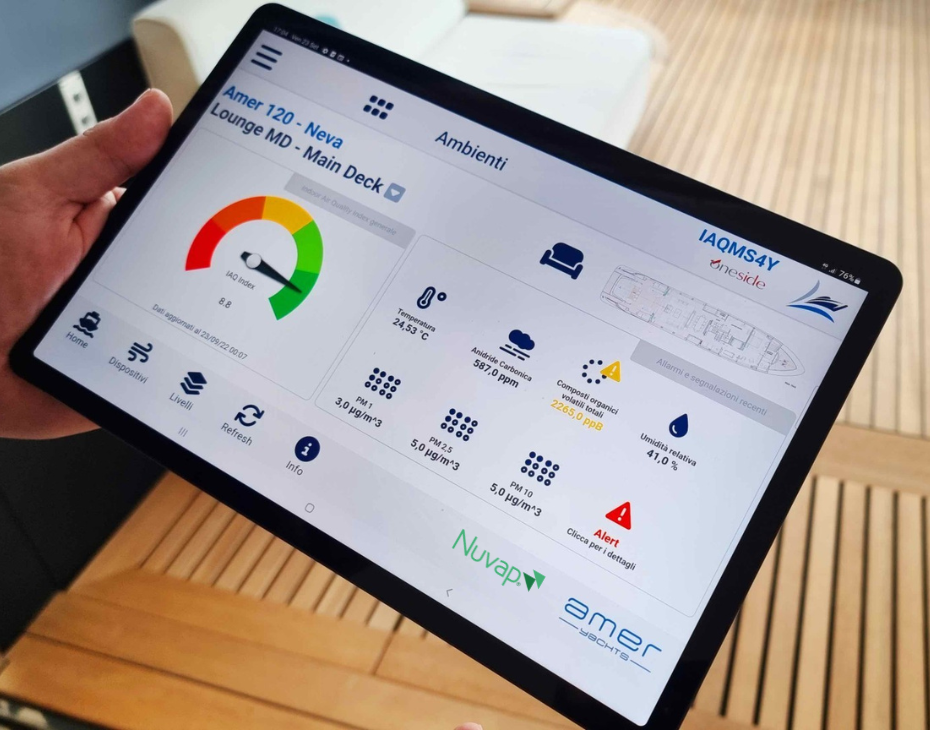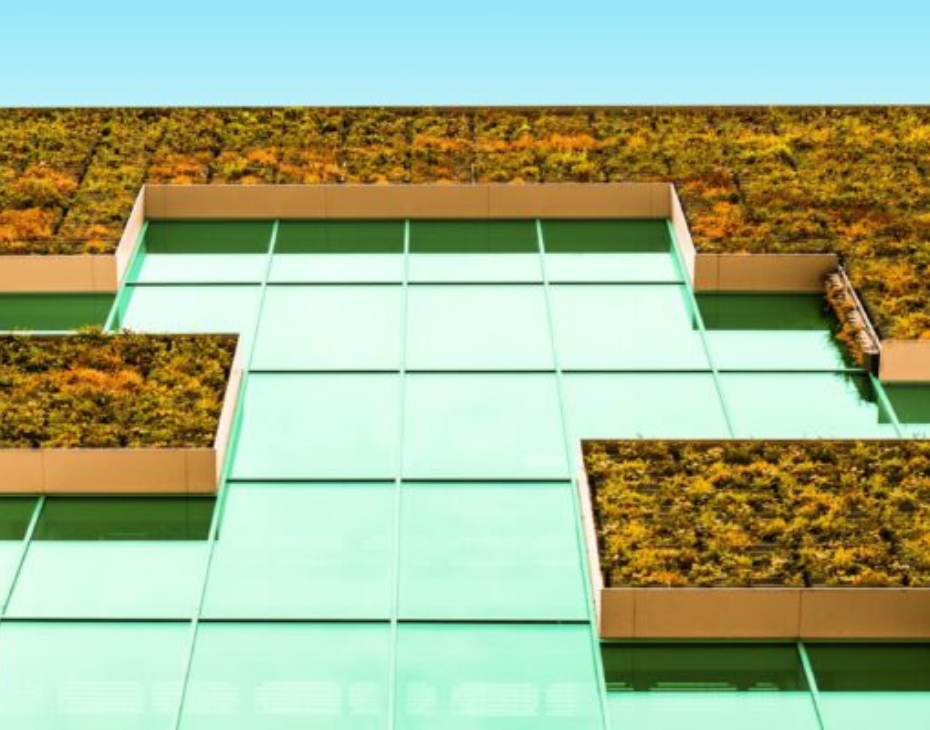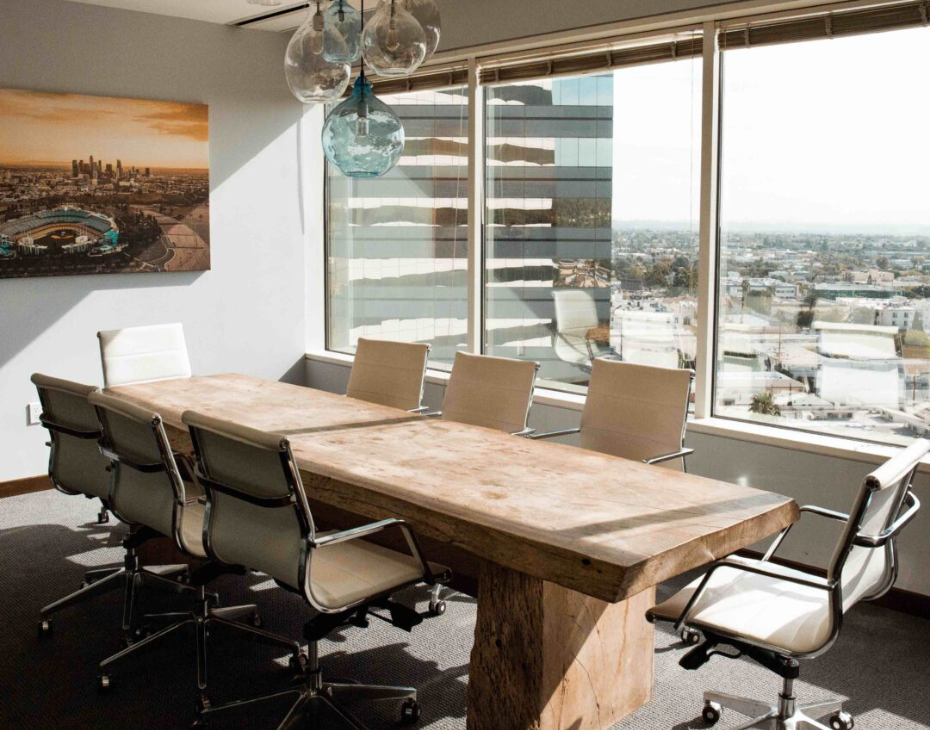Customer Need
Astroparticle physics experiments searching for rare events, such as neutrinoless double beta decay and dark matter particle interactions, have to be shielded from background radiation and have to exhibit a radioactive background as low as possible.
Therefore, underground sites are preferred. Being protected from cosmic rays, the underground environment provides the conditions necessary for experiments dealing with such rare or exotic interactions: SNOLAB is one such facility. In addition to the underground campus, clean room spaces are available at the surface building where detector assembly, screening material assays and R&D are carried out.
Great care is taken monitoring environmental parameters such as radon concentration in the air. 222-Rn daughters emitted in the atmosphere are electrically charged and they can stick on detector surfaces with a relatively high probability of remaining fixed. They further decay into the long-lived 210-Pb isotope, a low-energy beta emitter, and then to the alpha-emitting 210-Po. The control of the contamination induced by 222-Rn and its progenies in the environment where detectors are assembled and stored is thus a crucial issue.
The application
NUVAP N1Plus is helping SNOLAB to monitor different areas of the underground and surface labs for the radon content.
Within the SNOLAB material screening and assay program, which allows the direct measurement of the experimental background sources, the XIA UltraLo-1800 alpha particle counter is currently being characterised in the SNOLAB surface clean room facility before it is moved to the underground laboratory.


SNOLAB is a deep underground science lab located 2 km below the Earth’s surface in the operational Vale Creighton nickel mine near Sudbury, Ontario.
One of the deepest, cleanest labs in the world, SNOLAB has the capacity to study extremely rare interactions and weak processes: neutrino physics and the search for dark matter. SNOLAB presently hosts six dark matter experiments, two neutrino experiments, and two biological experiments. To support the science, the 5,000 square meter underground facility is also home to a water purification plant, scintillator plant, machine shop, chemistry laboratory, and a material screening and assay area.
